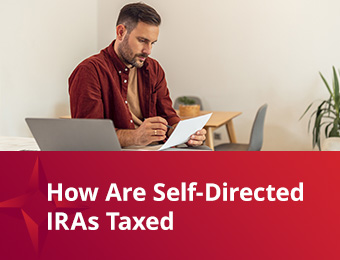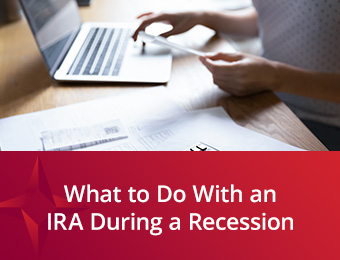If you have an existing tax-deferred retirement account, you need to know how to report relevant transactions on your federal tax return. Accurate reporting helps you maximize tax benefits and avoid penalties. One of the most common tax-deferred account types is an individual retirement arrangement (IRA). You can set up your IRA a few different […]










